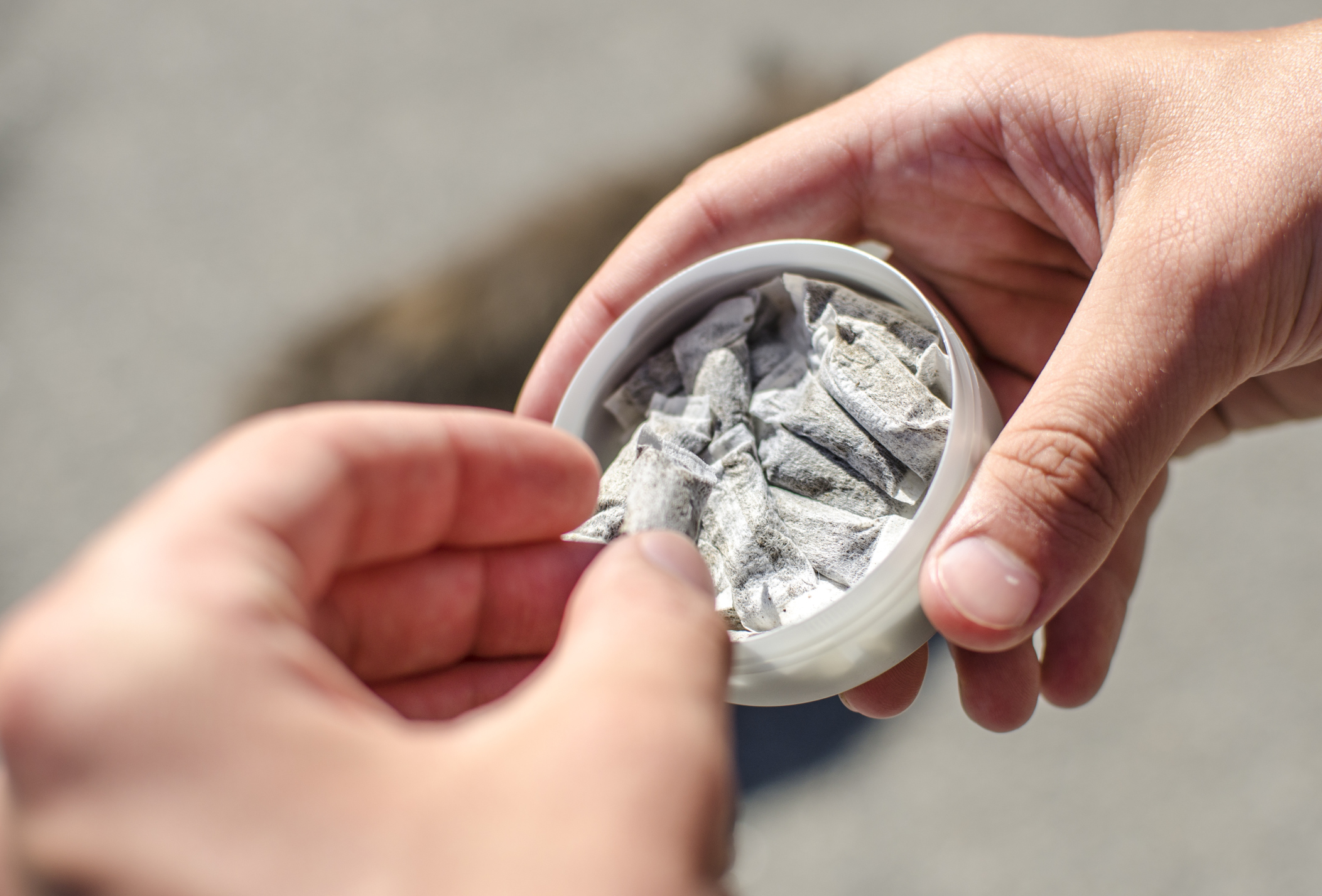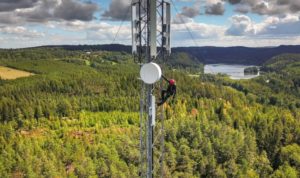
City and state officials seek to ban chewing tobacco from sports stadiums around the country.
Dip, chew, chaw, snuff—chewing tobacco is tradition in American baseball. Many Major League greats have regularly used smokeless tobacco, even though others have attributed their later development of oral cancer to the habit. While Major League Baseball (MLB) took steps to restrict smokeless tobacco use in 2011, it failed to ban the practice entirely. Now, a lineup of city and state legislators around the country are stepping up to bat in the hopes of finishing the job.
The most recent addition to the anti-smokeless tobacco team is Boston Mayor Martin J. Walsh, who recently proposed a ban on chewing tobacco in all city professional and amateur athletic venues. Before filing the bill, he appeared with former Boston Red Sox pitcher and mouth cancer survivor Curt Schilling to champion the proposal. “This is about our kids,” Schilling asserted, “and we have to accept the responsibility that we impact the decisions and choices they make.”
Mayor Walsh revealed that he would like the ban in place “by next season.” The proposal will require the Boston City Council’s approval before going into effect.
The bill resembles an ordinance recently passed by a unanimous city supervisor vote in San Francisco banning all tobacco products and “moist inhalable snuff” at sports venues around the city. San Francisco’s rule goes into effect in 2016 and will make San Francisco the first city to ban tobacco from its playing fields. The California State Senate is currently debating a state-wide ban on chewing tobacco in all professional sports venues.
Chewing tobacco contains 28 carcinogens and is a known cause of cancer, according to the Centers for Disease Control and Prevention. By some measures, snuff users are four to ten times more likely to die of oral cancers than non-users. While use is less popular today, a third of professional baseball players still self-report using smokeless tobacco. Moreover, smokeless tobacco use is steady among teenagers, with the highest rate of use being among men aged 25 to 44.
Yet despite these known risks, some commentators question the state’s role in regulating personal use of tobacco. They claim that the same “big government” policymakers that attempt to dictate what kids can eat during lunchtime are now wrongfully “mandating what adults can’t put in their mouths.” The MLB Player’s Association, the union representing MLB players, maintains that while it does not condone the use of chewing tobacco, players should be able to decide for themselves.
In 2011, when the MLB last considered regulations on smokeless tobacco on the playing field, the players union pushed back, arguing that “banning its use on the field was not appropriate.” Instead, the union compromised with a ban on chewing tobacco during televised interviews and on carrying tobacco packages in uniform pockets. These restrictions were intended to shield fans—particularly young, impressionable fans—from its pervasive use.
Still, supporters of the total chewing tobacco ban claim that states and local governments can properly consider such measures. Currently, smokeless tobacco is banned at the high school, college, and minor league level. Why not also the majors, ban supporters ask. A prohibition would, they say, advance the admirable goal of protecting the health and safety of both players and the fans that emulate them—especially since the 2011 restrictions are no guarantee that tobacco will not end up on television.
Following the tragic death of Hall of Fame baseball player Tony Gwynn from salivary gland cancer in 2014, more players and former players have come out in support of the ban. In their view, it is time to disentangle chewing tobacco’s relationship with America’s pastime.
Whether smokeless tobacco bans in sports venues amount to government overreach depends largely on the threat posed by, or articulated about, smokeless tobacco. Painting the right picture of the issue—from safeguarding the children to protecting the players—will dictate whether an outright ban is justified.
For baseball greats like Curt Schilling, the necessity of a ban is a no-brainer. “I have seen cancer take the lives of people very important to me like my father, a lifelong smoker, and I have endured the insufferable agony of radiation to the head/neck,” Schilling said. “If this law stops just one child from starting, it’s worth the price. Because that child could be yours, or mine.”



